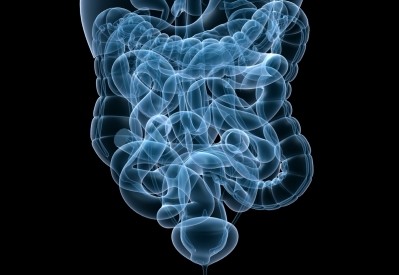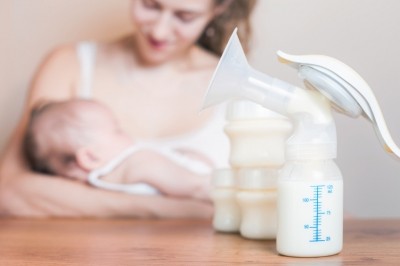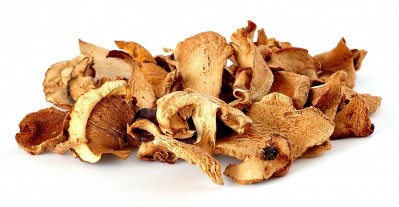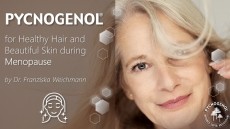RCT backs monthly vitamin D supplements for mums

Published in the British Journal of Nutrition, the double-blind randomised placebo-controlled trial tested the effect of different vitamin D supplementation regimens in 230 mother and newborn pairs from Lucknow in India.
“We assessed the effect of vitamin D supplementation on related biochemistry, infection and dentition of the infant,” said the authors, led by David Chandy from the Sanjay Gandhi Postgraduate Institute of Medical Sciences.
The team found that monthly maternal or daily infant supplementation with vitamin D, along with sun exposure, was superior to sun exposure alone in maintaining normal infant levels of vitamin D, as measured by serum 25-hydroxyvitamin D (25[OH]D), and provided protection from elevated alkaline phosphatase and infection at nine months.
“Both dose regimens, given along with sun exposure, are superior to traditional durations of sun exposure alone in maintaining normal infant 25[OH]D at 3.5 months, and providing protection from elevated alkaline phosphatase and possibly from infectious morbidity,” the Indian researchers wrote.
“Provision of vitamin D directly or via breast milk was found to be superior to sunshine alone, as evidenced by improved biologically relevant parameters such as infant P and alkaline phosphatase, as well as the number of days of respiratory or diarrhoeal infection in infancy,” they said.
“In addition, maternal supplementation greatly improved maternal vitamin D levels, thus providing for simultaneous improvement in maternal health.”
Improved outcomes
The team noted that deficiency in vitamin D levels, referred to as hypovitaminosis D, is highly prevalent in India despite adequate sunshine levels.
Previous studies from India have shown between 84% and 96% of mothers and infants at birth and at three months have severely deficient levels of 25[OH]D) – averaging below 20 nanogram per millilitre (ng/ml), with winter averages in women as low as 5.9 ng/ml.
In the current double-blind trial, Chandy and his colleagues randomised participants to receive one of three test conditions for nine months.
In group A mothers were given a monthly dose of 3000 microgram (µg) oral vitamin D3, while in group B infants were given a daily dose of 10 µg vitamin D3, and group C were given a double placebo.
All babies also received 15 minutes of daily sun exposure (unclothed) during a massage, said the authors.
At age 3.5 months, Chandy et al reported that infants’ median 25[OH]D was significantly lower in group C than in groups A and B, and that infant 25[OH]D correlated negatively with infant parathyroid hormone. Elevated alkaline phosphatase (>7.5 µkat/l) was significantly more frequent in group C babies (16%) than in group A (4%) or group B (0%) babies.
In addition, the number of days with respiratory or diarrhoeal infection by nine months of age was higher in group C (median 46.5) than in group A (median 18.5) or group B (median 13.0), they added.
“Our findings suggest that an oral dose of 3000 μg/month cholecalciferol given to lactating women is equivalent to daily dosing of the infant with 10 μg in raising infant serum 25(OH)D at 3.5 and improving relevant biological indices.”
“At the time of writing, single-dose regimens [also] have cost and potential compliance advantages in India.”
Source: British Journal of Nutrition
Volume 116, Issue 01, July 2016, Pages 52-58, doi: 10.1017/S0007114516001756
“Effect of vitamin D supplementation, directly or via breast milk for term infants, on serum 25 hydroxyvitamin D and related biochemistry, and propensity to infection: a randomised placebo-controlled trial”
Authors: David D. Chandy, et al














